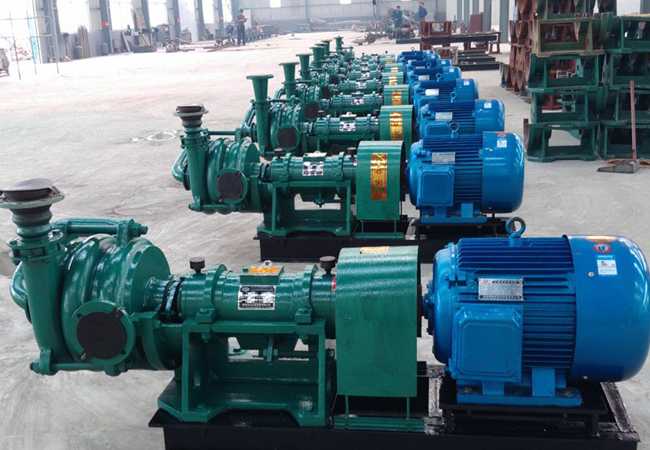English
- Afrikaans
- Albanian
- Amharic
- Arabic
- Armenian
- Azerbaijani
- Basque
- Belarusian
- Bengali
- Bosnian
- Bulgarian
- Catalan
- Cebuano
- Corsican
- Croatian
- Czech
- Danish
- Dutch
- English
- Esperanto
- Estonian
- Finnish
- French
- Frisian
- Galician
- Georgian
- German
- Greek
- Gujarati
- Haitian Creole
- hausa
- hawaiian
- Hebrew
- Hindi
- Miao
- Hungarian
- Icelandic
- igbo
- Indonesian
- irish
- Italian
- Japanese
- Javanese
- Kannada
- kazakh
- Khmer
- Rwandese
- Korean
- Kurdish
- Kyrgyz
- Lao
- Latin
- Latvian
- Lithuanian
- Luxembourgish
- Macedonian
- Malgashi
- Malay
- Malayalam
- Maltese
- Maori
- Marathi
- Mongolian
- Myanmar
- Nepali
- Norwegian
- Norwegian
- Occitan
- Pashto
- Persian
- Polish
- Portuguese
- Punjabi
- Romanian
- Russian
- Samoan
- Scottish Gaelic
- Serbian
- Sesotho
- Shona
- Sindhi
- Sinhala
- Slovak
- Slovenian
- Somali
- Spanish
- Sundanese
- Swahili
- Swedish
- Tagalog
- Tajik
- Tamil
- Tatar
- Telugu
- Thai
- Turkish
- Turkmen
- Ukrainian
- Urdu
- Uighur
- Uzbek
- Vietnamese
- Welsh
- Bantu
- Yiddish
- Yoruba
- Zulu
Telephone: +86 13120555503
Email: frank@cypump.com
Oct . 10, 2024 13:15 Back to list
effulent pump
Understanding Effluent Pumps A Comprehensive Guide
Effluent pumps are essential devices in wastewater management systems, particularly in residential and commercial settings. These specialized pumps are designed to transport wastewater and effluent—a mixture of water and organic or inorganic matter—away from areas such as septic tanks, sewage systems, and treatment facilities. In this article, we will explore what effluent pumps are, their applications, how they work, and important considerations for selecting and maintaining them.
What is an Effluent Pump?
An effluent pump works by moving wastewater that contains solids and suspended particles, but it is not designed to handle large debris like a sewage pump. Typically, effluent pumps manage the semi-liquid waste from sources like washing machines, sinks, and showers. They operate in systems where gravity alone is insufficient to move effluent to a sewer line or drain field, particularly in situations where the discharge point is situated above the level of the wastewater basin.
Applications of Effluent Pumps
Effluent pumps are commonly used in various scenarios
1. Septic Systems In many rural areas where public sewage systems are not available, effluent pumps play a vital role in moving treated effluent from septic tanks to leach fields or drainage systems.
2. Drainage Systems These pumps are used in basement or cellar drainage systems to remove excess water and prevent flooding.
3. Commercial Applications In restaurants and larger commercial kitchens, effluent pumps help manage wastewater that contains food particles and oils, ensuring the wastewater is effectively disposed of.
4. Wastewater Treatment Plants Effluent pumps move treated water within the treatment process, facilitating further purification and discharge into bodies of water or reclaiming systems.
How Do Effluent Pumps Work?
effulent pump

Effluent pumps utilize a motor to drive an impeller, which creates suction to draw wastewater into the pump. Once the wastewater is inside the pump, the impeller forces it out through the discharge pipe. These pumps often come equipped with a float switch, which automatically activates the pump when the water level rises to a certain point, ensuring efficient operation without the need for manual intervention.
Most effluent pumps are submersible, meaning they are installed underwater, helping to reduce the risk of environmental contamination and noise pollution. They are built to withstand corrosive materials, with materials like polyethylene or stainless steel commonly used for durability.
Important Considerations for Selecting Effluent Pumps
When selecting an effluent pump, several factors should be taken into account
1. Flow Rate Determine the expected flow rate to ensure the pump you choose can handle the volume of wastewater generated. Pumps are available in various capacities, and choosing the right one is crucial for effective operation.
2. Head Pressure This refers to the height to which the pump can effectively displace wastewater. It is essential to consider the vertical distance from the pump to the discharge point when selecting a pump.
3. Motor Power The power of the motor influences the pump's performance. A motor that is too weak may struggle to transport effluent, while an excessively powerful motor may lead to unnecessary energy costs.
4. Durability and Maintenance Opt for pumps made from robust materials suitable for the type of wastewater they will be handling. Regular maintenance is also important to ensure the longevity and efficiency of the pump.
5. Noise Level If the pump will be installed within a residential area, consider models designed to operate quietly.
Conclusion
Effluent pumps are a crucial component in managing wastewater in various applications, ensuring that effluent is transported safely and efficiently away from living and working spaces. By understanding their function, applications, and selection criteria, homeowners and businesses can make informed decisions that contribute to effective wastewater management. Regular maintenance and care will ensure these pumps continue to operate effectively, safeguarding both public health and the environment. Whether you're planning a new system or upgrading an existing one, investing in a reliable effluent pump is essential for sustainable wastewater management.
-
ISG Series Vertical Pipeline Pump - Chi Yuan Pumps | Advanced Engineering&Industrial Efficiency
NewsJul.30,2025
-
ISG Series Pipeline Pump - Chi Yuan Pumps | High Efficiency, Energy Saving
NewsJul.30,2025
-
ISG Series Vertical Pipeline Pump-Chi Yuan Pumps|High Efficiency&Reliable Performance
NewsJul.29,2025
-
ISG Series Vertical Pipeline Pump|High Efficiency&Low Noise
NewsJul.29,2025
-
ISG Series Vertical Pipeline Pump - Chi Yuan Pumps Co., LTD.|High Efficiency, Energy Conservation, Low Noise
NewsJul.29,2025
-
ISG Series Vertical Pipeline Pump-Chi Yuan Pumps Co., LTD.|High Efficiency&Energy-Saving
NewsJul.29,2025










